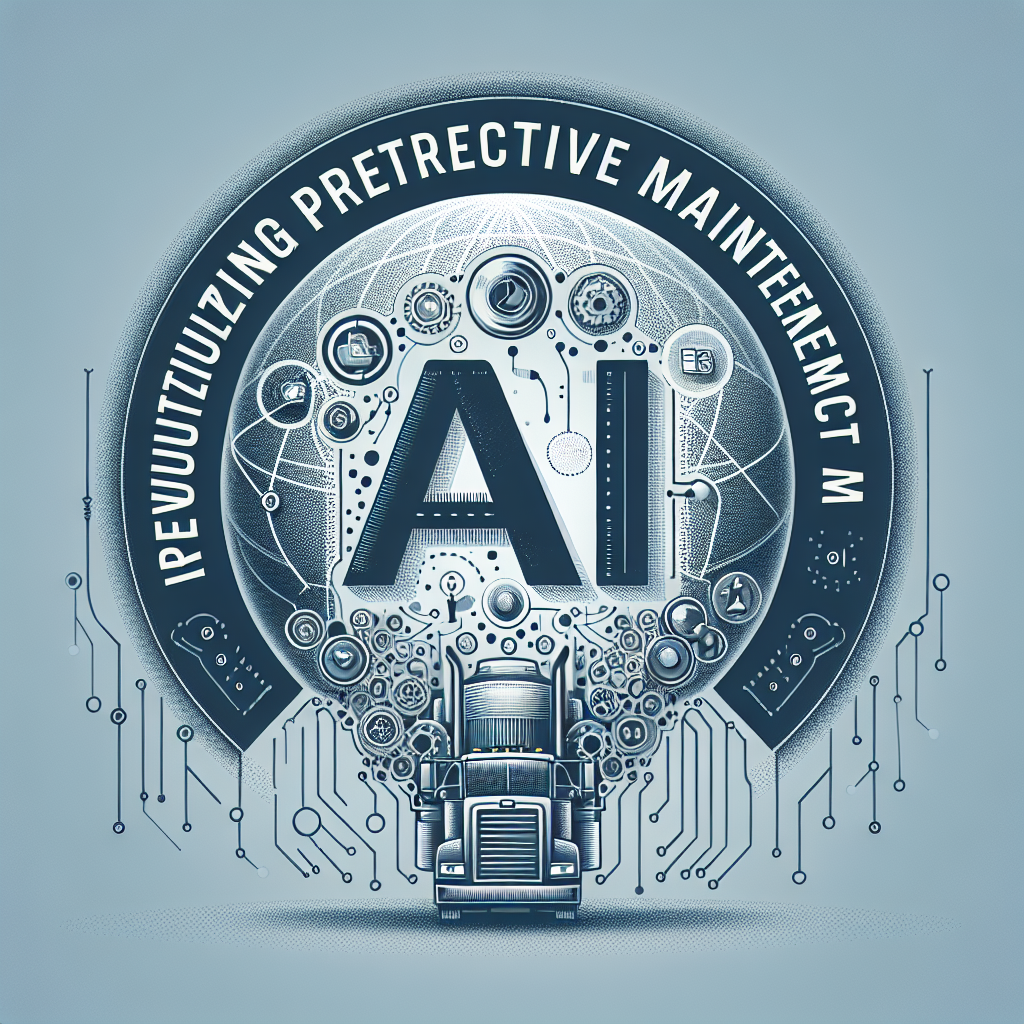Revolutionizing Predictive Maintenance with AI
Introduction
Predictive maintenance is an advanced approach in the field of asset management, focusing on the timely maintenance of equipment before failures occur. In recent years, AI technology has become a cornerstone of predictive maintenance, enabling industries to leverage predictive analytics and machine learning maintenance techniques to enhance operational efficiency.
Understanding Predictive Maintenance
Definition and Concepts
Predictive maintenance refers to the use of data-driven techniques to predict when equipment will fail so that maintenance can be performed just in time to address the issue without unnecessary downtime. It contrasts with traditional maintenance strategies, which often rely on scheduled maintenance or reactive maintenance after a failure.
Benefits of Predictive Maintenance
- Reduced downtime
- Cost-effective maintenance
- Improved asset lifespan
- Enhanced safety and compliance
- Optimized maintenance scheduling
Role of AI in Predictive Maintenance
How AI Enhances Predictive Capabilities
AI enhances predictive maintenance by utilizing advanced algorithms to analyze vast amounts of data collected from various sources, including sensors and historical maintenance records. This analysis allows organizations to identify patterns and anomalies that signal potential failures.
Machine Learning Techniques Used
- Supervised Learning
- Unsupervised Learning
- Reinforcement Learning
Key Technologies for AI-Driven Maintenance
IoT Integration
Internet of Things (IoT) devices play a critical role in predictive maintenance by enabling real-time monitoring of equipment. Sensors collect data on various parameters such as temperature, vibration, and pressure, which are crucial for identifying performance degradation. This real-time monitoring is essential for effective predictive maintenance strategies.
Data Analytics and Cloud Computing
Cloud computing facilitates the storage and processing of large datasets, enabling organizations to implement sophisticated data analytics tools that support predictive maintenance initiatives. By harnessing the power of data analytics, companies can make informed decisions about their maintenance schedules.
Case Studies
Successful AI Implementations
Many organizations have successfully integrated AI into their predictive maintenance strategies, leading to significant improvements in operational efficiency. For example, a leading automotive manufacturer utilized AI algorithms for maintenance, achieving a 30% reduction in unplanned downtime. This showcases the transformative potential of AI in enhancing maintenance practices.
Lessons Learned from the Field
These case studies reveal critical insights about the importance of data quality, the need for cross-functional collaboration, and the necessity of a clear implementation strategy. Organizations must learn from these examples to effectively implement AI-driven maintenance solutions.
Challenges in Implementing AI for Predictive Maintenance
Data Quality and Availability
The effectiveness of AI in predictive maintenance is heavily reliant on the quality and availability of data. Poor data quality can lead to inaccurate predictions and ultimately, ineffective maintenance strategies. Organizations must prioritize data management to overcome these challenges.
Skills Gap in Workforce
There is often a skills gap in the workforce when it comes to implementing AI-driven solutions. Organizations need to invest in training and development to equip their teams with the necessary skills. This gap can hinder the successful deployment of AI technologies in maintenance.
Future Trends in AI for Predictive Maintenance
Emerging Technologies
Emerging technologies such as edge computing and advanced data analytics will further enhance the capabilities of predictive maintenance, driving even greater efficiencies. As organizations adopt these technologies, the landscape of predictive maintenance will evolve significantly.
Predictions for the Industry
As AI continues to evolve, we can expect to see a growing trend towards smart maintenance solutions that integrate seamlessly with existing systems, making predictive maintenance more accessible to a wider range of industries. The future will likely see a convergence of AI and traditional maintenance methodologies.
FAQ
What is predictive maintenance?
Predictive maintenance is a strategy that uses data analysis tools and techniques to determine the condition of in-service equipment to predict when maintenance should be performed.
How does AI improve maintenance strategies?
AI improves maintenance strategies by analyzing large datasets to predict equipment failures, enabling timely interventions that minimize downtime and costs. This proactive approach significantly enhances overall productivity.
What industries benefit most from AI-driven maintenance?
Industries such as manufacturing, transportation, energy, and healthcare benefit significantly from AI-driven maintenance due to their reliance on operational efficiency and equipment reliability. These sectors are increasingly adopting AI solutions to stay competitive in a rapidly evolving market.




